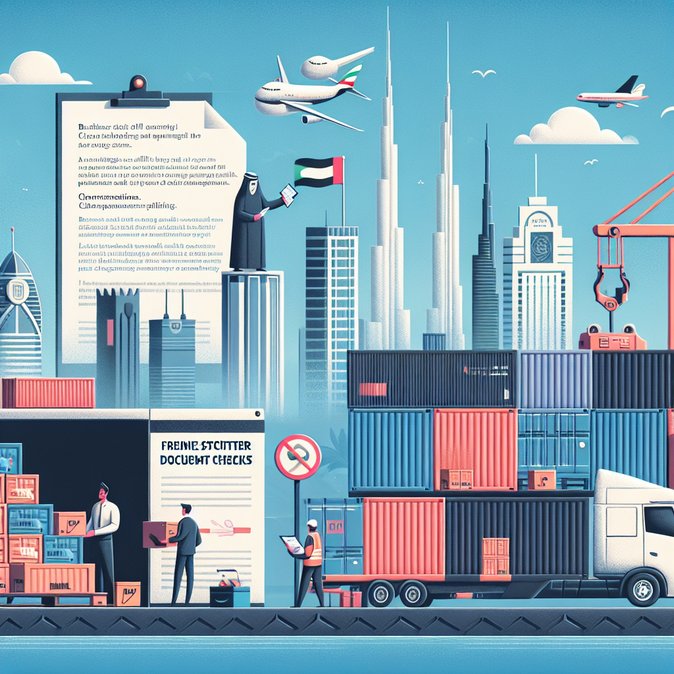
The General Directorate of Residency and Foreigners Affairs (GDRFA) confirmed on 10 November 2025 that it has tightened the vetting process for the five-year Green Residency visa—popularly known as the freelance visa—after detecting a handful of cases in which permits were traded or used outside their legal scope. Lieutenant-General Mohammed Ahmed Al-Marri, Director General of GDRFA, stressed that “freelance permits are being issued normally through official channels,” but said additional document checks and income verification have been introduced to protect the labour market.
The Green Residency was launched in 2022 to attract independent professionals, creatives and consultants who do not have a traditional employer. It allows holders to reside and work in the UAE without company sponsorship and to renew their visa every five years, provided they continue to meet minimum income or qualification thresholds. Officials say demand has risen sharply, with nearly 3,000 approvals in October alone, prompting closer scrutiny of applications.
![UAE intensifies audits of Green Residency freelance visa amid misuse concerns]()
Rumours circulating on social-media platforms over the weekend claimed the programme had been “temporarily frozen.” The GDRFA categorically rejected those reports, calling them “false and misleading,” and urged residents to rely on official channels for updates. The authority believes the confusion stems from longer processing times as auditors request extra proof of contracts, academic credentials and professional licences.
For HR and mobility managers, the message is clear: project-based staff can still relocate on a Green Residency, but companies should budget a few extra weeks for approvals and be ready to supply supporting documents. Freelancers already in the UAE should also expect more frequent compliance checks. In practice, the move strengthens—not weakens—the attractiveness of the visa by reinforcing its credibility among employers and clients.
The Green Residency was launched in 2022 to attract independent professionals, creatives and consultants who do not have a traditional employer. It allows holders to reside and work in the UAE without company sponsorship and to renew their visa every five years, provided they continue to meet minimum income or qualification thresholds. Officials say demand has risen sharply, with nearly 3,000 approvals in October alone, prompting closer scrutiny of applications.

Rumours circulating on social-media platforms over the weekend claimed the programme had been “temporarily frozen.” The GDRFA categorically rejected those reports, calling them “false and misleading,” and urged residents to rely on official channels for updates. The authority believes the confusion stems from longer processing times as auditors request extra proof of contracts, academic credentials and professional licences.
For HR and mobility managers, the message is clear: project-based staff can still relocate on a Green Residency, but companies should budget a few extra weeks for approvals and be ready to supply supporting documents. Freelancers already in the UAE should also expect more frequent compliance checks. In practice, the move strengthens—not weakens—the attractiveness of the visa by reinforcing its credibility among employers and clients.








